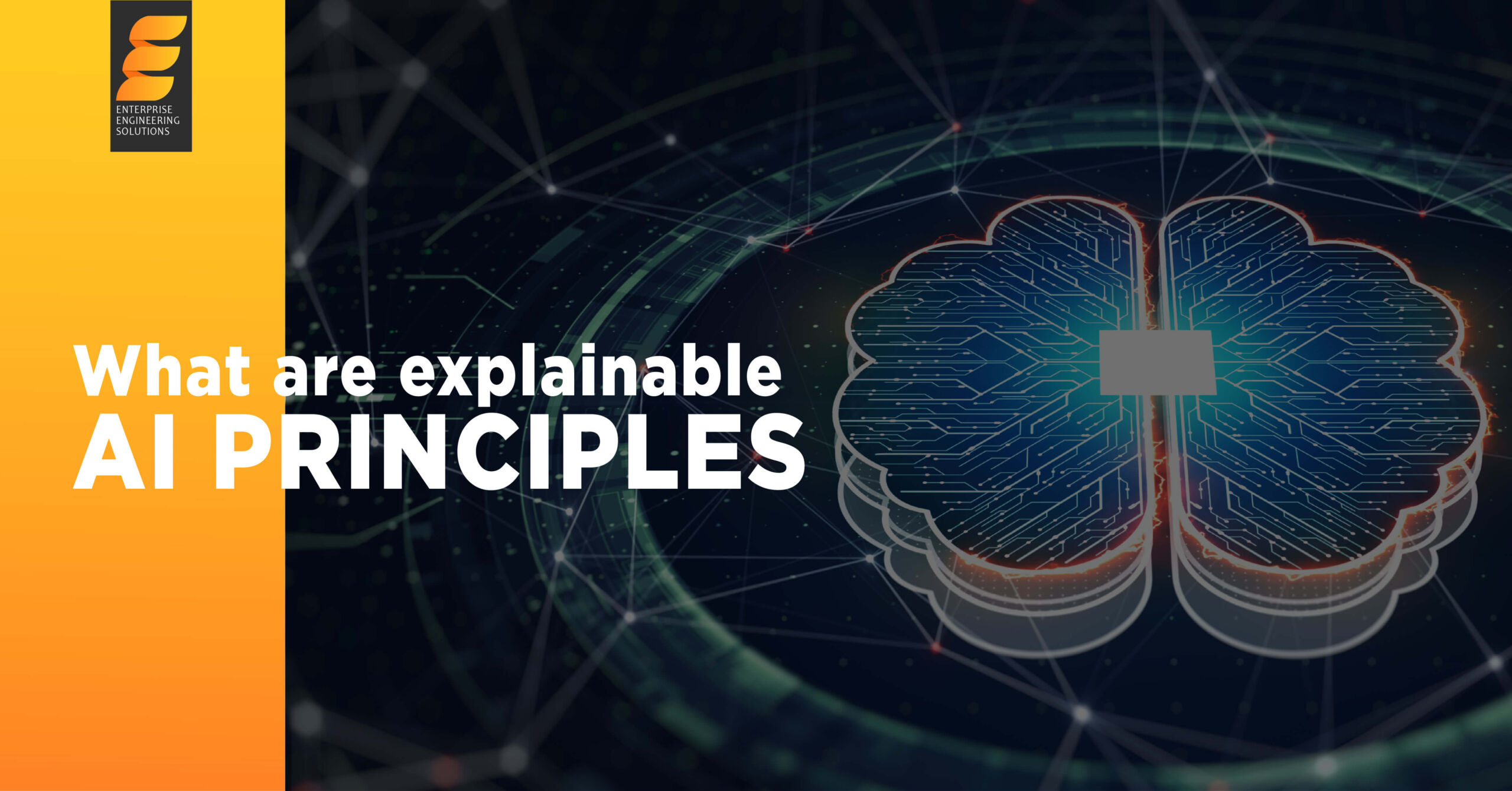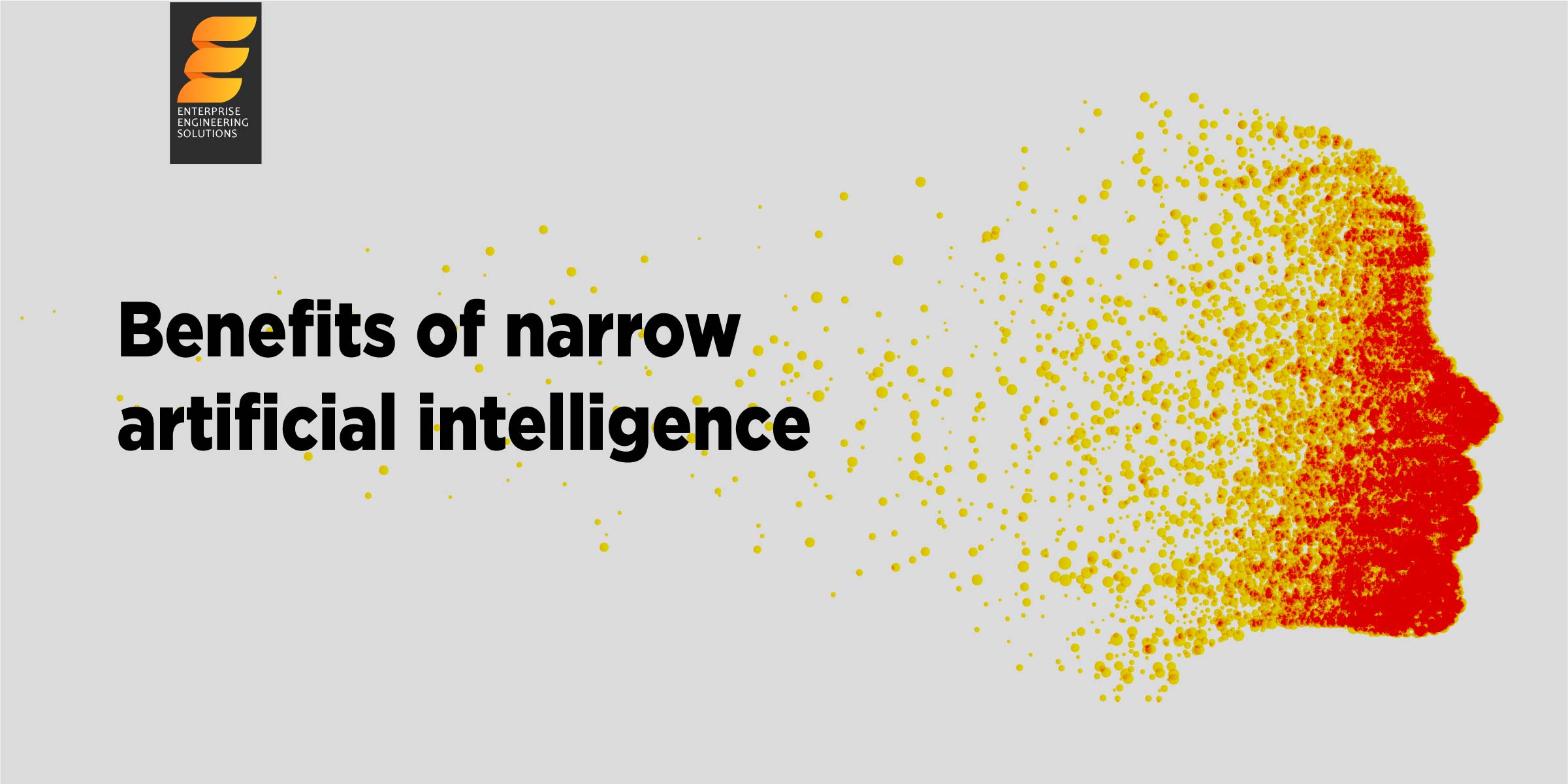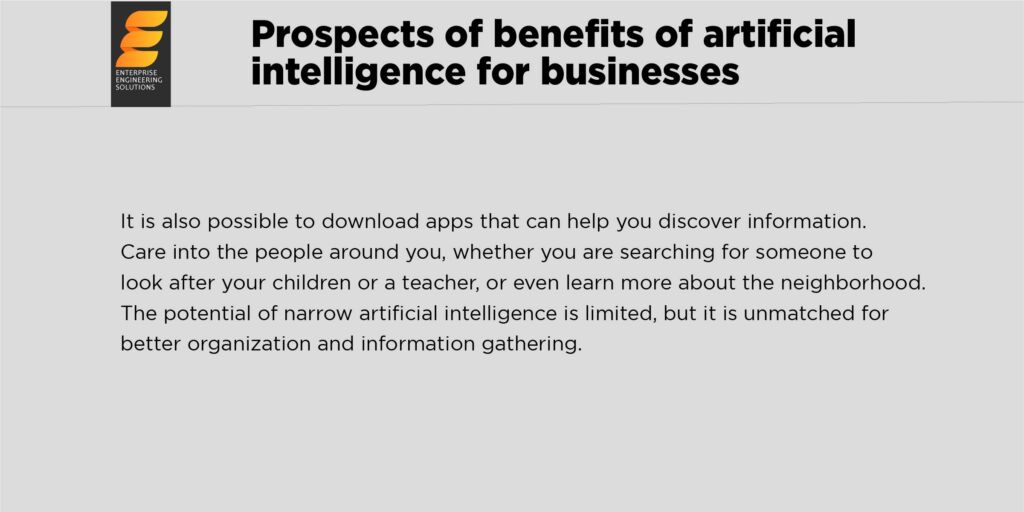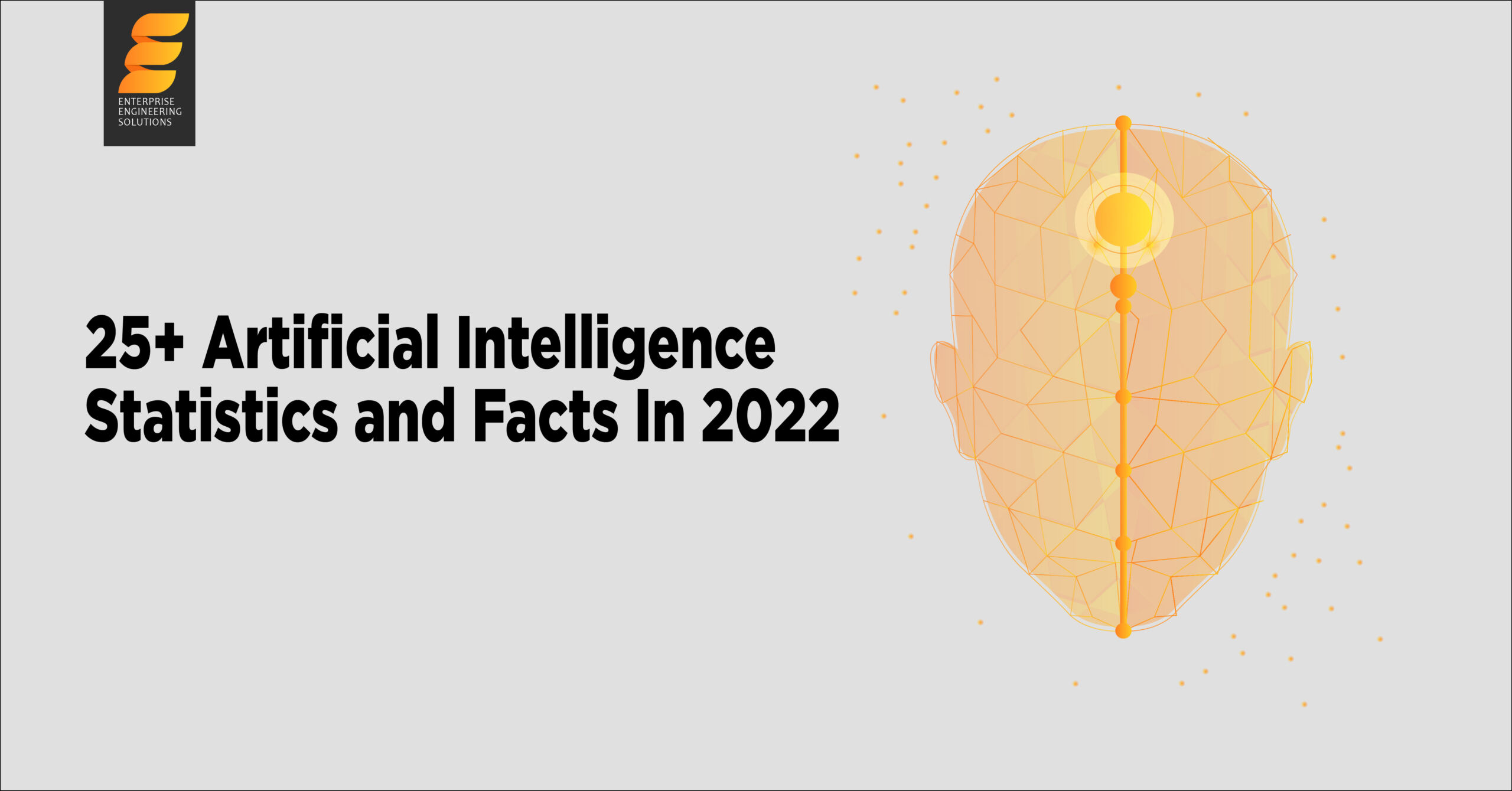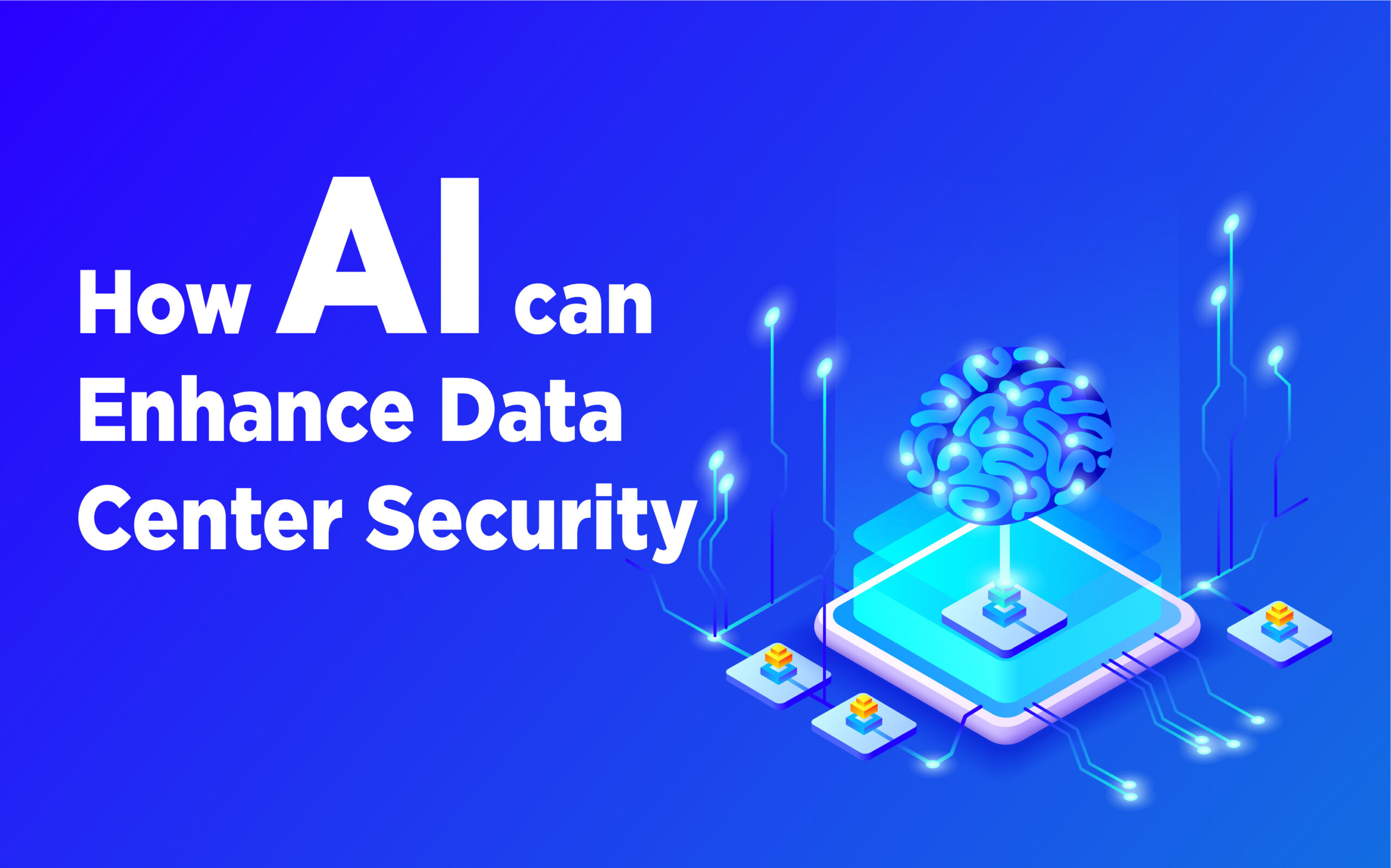Explainable AI principles are the fundamental and essential instructions and guidelines for the AI system, explaining how AI systems should work correctly. It has main two approaches:
The Transparent Models
Such types of models are transparent. They are simple, understandable, and comprehensive.
The Black-Box Models
The black-box models are mirrored or mimicked the form of original models. They are explainable only by separate and replicated models as they are black-box in nature.
What does Explainable AI Really Mean?
US National Institute of Standards and Technology (NIST) has developed basic explainable AI principles, such as:
Explanation
According to the first explainable AI principles, an AI system must explain the results and outputs. Explanation type may vary with the accordance of user’s system and field. The NIST has mentioned the following classes and categories for explanations:
Information
This type of explanation ensures the benefit of the user or the customer by giving the information of the output and outcomes. For example, a loan processing system explains the denial or the acceptance of the application for a loan.
Trust And Acceptance
This category of explanations is designed to satisfy users or customers to achieve trust and acceptance. An example of a loan application processor also falls in this category.
Regulation
Such an explanation for AI work meets the compliance and regulatory demands and needs. Audit and scrutiny done by AI system must be explainable. For example, in the case of healthcare.
Maintain And Develop
These explanations are built to help maintain and develop AI logic and algorithms.
Beneficial For System Owners
These explanations help to benefit the owner of the system. For example, a recommender system gives a reason for the given recommendation to the owner.
Meaningful
The second explainable AI principle depends on the versatility of the first explainable AI principle. The understanding of the user relies on the versatility of the given explanation. Even if various explanations have been provided, it’s up to users to interpret. Interpretation and understanding of the explanations vary from person to person due to the unique cognitive and psychological capabilities. There is a variety of AI system users.
Accurate
The AI system should be accurate and precise in giving output and results. AI content marketing is also getting popular just because of enhanced accuracy. The third explainable AI principle centers around the explanations’ accuracy, precision, and truth.
Explanations should be:
- Accurate
- Precise
- Clear
- Transparent
- Understandable
- Comprehensive
Limits
The fourth explainable AI principle rotates around the significant concept of knowledge limits. An AI system must identify and analyze its limits, preventing inaccurate results and outputs. Knowledge limits of the AI system helps to ensure the other three explainable AI principles. It reduces the risks and chances of misleading and wrong outcomes and decisions.
Importance and Significance of Explainable AI
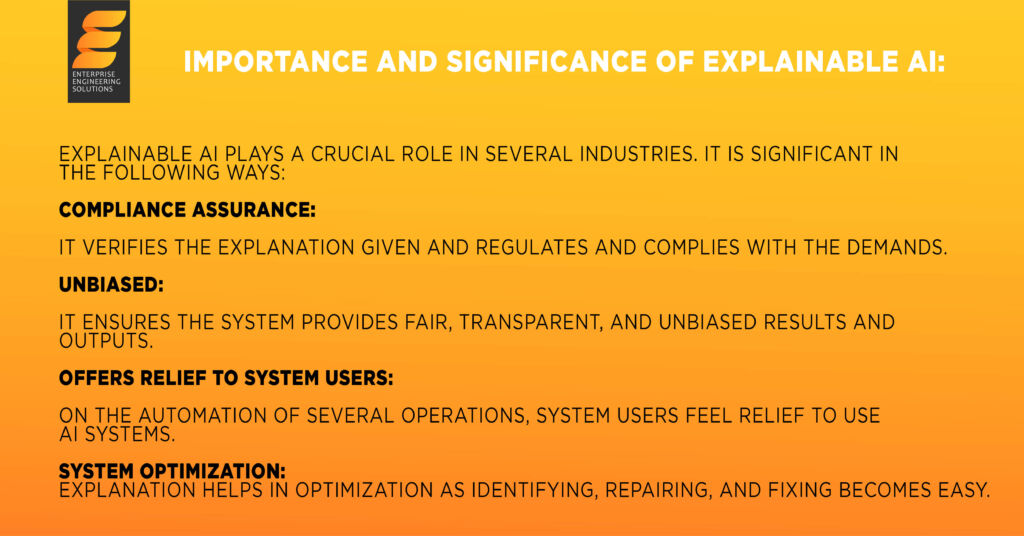
Explainable AI plays a crucial role in several industries. It is significant in the following ways:
Compliance Assurance
It verifies the explanation given and regulates and complies with the demands.
Unbiased
It ensures the system provides fair, transparent, and unbiased results and outputs.
Offers Relief to System Users
On the automation of several operations, system users feel relief to use AI systems.
System Optimization
Explanation helps in optimization as identifying, repairing, and fixing becomes easy.
Benefits of Explainable AI
Explainable AI ensures the following benefits:
- Operationalization of AI
- Speed time
- Mitigate risks
Capabilities of Explainable AI
Capabilities of explainable AI are as follows:
- Monitoring
- Visualizing
- Tracking the insights
- Configuring
Which Industries are Affected by Explainable AI the Most?
Several industries are directly affected by explainable AI, such as healthcare, manufacturing, automotive, and finance. The involvement of explainable AI is explained as follows:
Explainable AI in Manufacturing
Explainable AI has several applications in the manufacturing industry. It makes it easier for the industry to adopt due to understandable and straightforward logic. It helps the manufacturing industries in the following ways:
- Explainable AI helps in predictive maintenance.
- It monitors and regulates the inventory.
- Logistics optimization is enhanced directly.
- Explainable AI ensures accurate and precise analysis via its analytic capabilities.
EES improves capacity, energy, and cost management with Artificial Intelligence consulting services. We are bringing the industrial revolution by AI-driven market insights and process automation for completing day-to-day operations effortlessly. Every component of virtual assistance is designed to fulfill your professional goals.
Explainable AI in Healthcare
Artificial intelligence and machine learning serve a vital role in healthcare. It provides the following services to the healthcare department:
- Artificial intelligence can save time and effort by performing repetitive tasks.
- AI uses algorithms, which help in diagnosing disorders and diseases.
- It can spot and screen the condition and symptoms that are not visible to the naked eye.
- Artificial intelligence allows doctors to get more accurate and precise results and reports.
- It prescribes the most appropriate treatment and cure for the specific disease.
Explainable AI in Finance
Explainable AI ensures financial knowledge, financial management, and financial stability. AI helps in finance in the following ways:
- It ensures fair credit scoring.
- It helps to improve and advance market forecasts.
- Customers can get unbiased, fair, and transparent reports and results.
- It maintains, monitors, and regulates fair and ethical practices.
- It optimizes the portfolios for investment.
- It manages the insurance claims.

